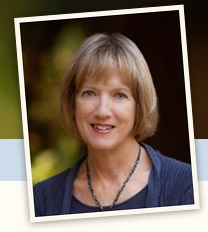Our family reads aloud at the dinner table after meals, the current selection being John Adams: Revolutionary Writings 1775 – 1783. The volume consists mainly of letters written during the years when Adams and the other founders were in Philadelphia putting together a government that would serve the people of the American colonies.
I have ever thought it the most difficult and dangerous part of the business Americans have to do in this mighty contest, to contrive some method for the colonies to glide insensibly from under the old government into a peaceable and contented submission to new ones.
Adams’ letters reflect the commitment these men felt to creating a form of government that would work for the people. They negotiated and argued fervently among themselves about how such a government should be constituted – what class of people should get the vote, how to give the individual states autonomy within a single nation, what tenure to give elected officials and so on. But they felt a strong sense of common purpose.
There must be a positive passion for the public good, the public interest, honor, power and glory, established in the minds of the people, or there can be no republican government, nor any real liberty.
Can’t help but wonder what John Adams would have thought about today’s impasse in Congress and the shutdown of our government.
Partisanship is inevitable, and maybe necessary, in a democracy. What has changed is the sense of common purpose and the passion for the public good.
I’m not sure what it would take to make us feel once again part of the same team.
But, like John Adams, I think both our liberty and our very form of government are put at risk when we consider only our own needs and preferences and lose our focus on the common good.


.JPG)



